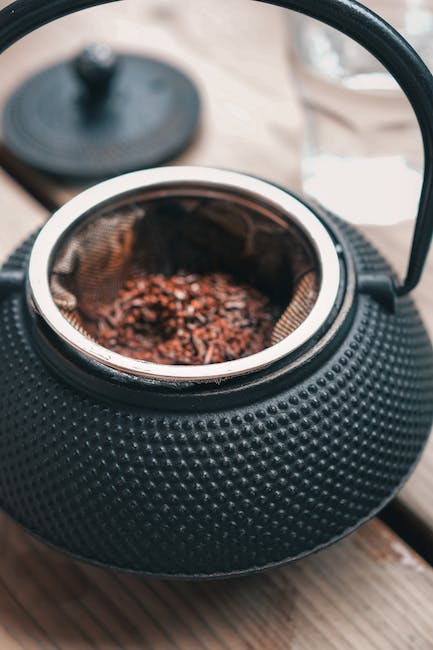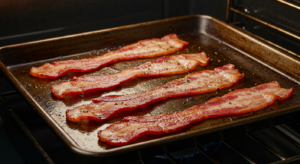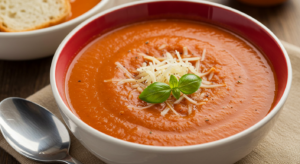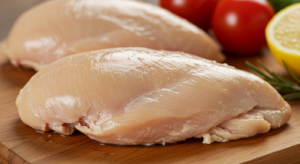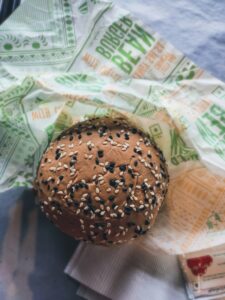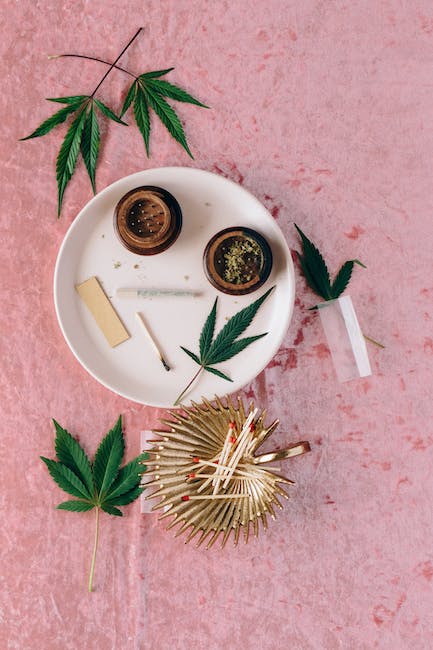
Does Jasmine Tea Have Caffeine?
It’s a common curiosity among tea lovers to know “does jasmine tea have caffeine”? The simple answer is yes. The caffeine content in Jasmine tea arises primarily from the green tea leaves used in its preparation. However, the quantity of caffeine can differ significantly depending on the type of tea leaves used, their quality, and the brewing method.
Bear in mind that the term ‘Jasmine tea’ typically refers to tea processed with jasmine blossoms. The blossoms alone don’t contain caffeine. The caffeine comes into play only when these fragrant blooms are blended with tea leaves from the camellia sinensis plant.
Green Tea Leaves in Jasmine Tea
Green tea leaves are the most commonly used type of tea in the preparation of jasmine tea. As a result, a refreshing cup of jasmine tea would include a moderate amount of caffeine. Expectedly, caffeine per cup in green tea-infused jasmine tea ranges between 35 to 45 milligrams.
Remember, every cup of tea you sip is a balance of nature’s goodness and carefully processed elements. Among these elements, caffeine is a naturally occurring compound in green tea leaves. Its presence can’t be entirely avoided, but it can be controlled by adjusting your serving size and brewing time.
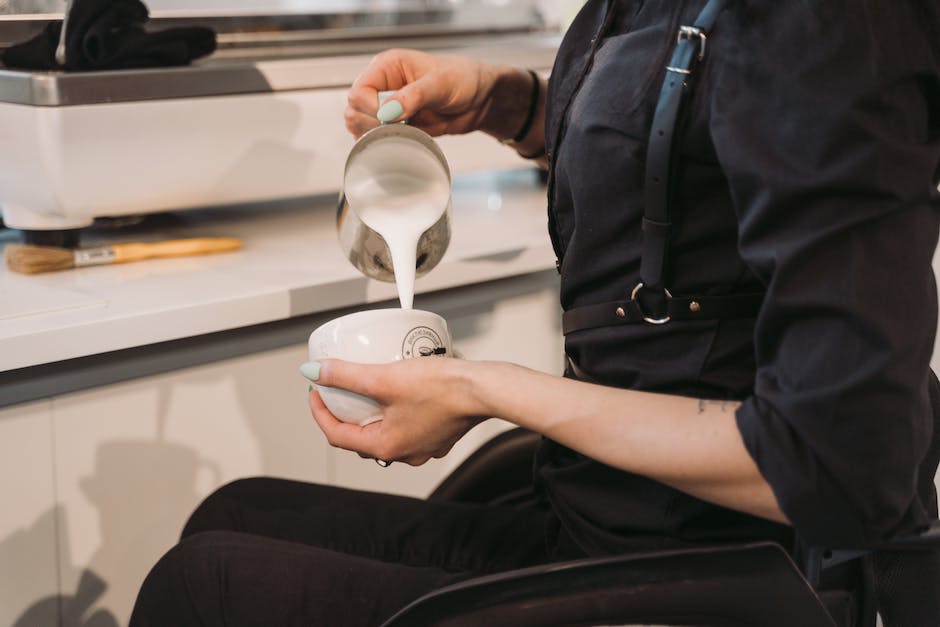
Jasmine Blossoms Enriched Tea
The unique taste and aroma of jasmine tea are attributed to the infusion of delicate jasmine blossoms. The process involves adding layers of these blossoms amidst tea leaves, allowing the latter to absorb the fragrance. Interestingly, these blossoms are caffeine free, implying that the caffeine is entirely from the tea leaves.
The tea and jasmine fusion is popular among herbal tea enthusiasts even though jasmine tea isn’t technically a herbal tea. Its floral notes and mild caffeine composition combine to offer a tranquil tea-drinking experience, making it a much-loved pick for late-afternoon or early-evening brews.
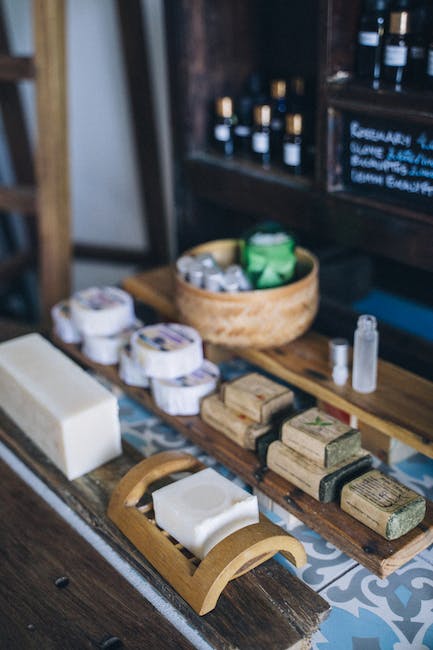
The Weight Loss Connection
One of the most prized health benefits of jasmine tea includes its role in weight loss. Though jasmine tea contains caffeine, it is far lesser than coffee or black tea and can promote fat burning. Ingredients in jasmine green tea, such as EGCG (epigallocatechin gallate), have the potential to increase metabolic rate and encourage healthy weight regulation.
Additionally, drinking jasmine tea regularly can help reduce unhealthy cravings. The soothing effects of jasmine aroma combined with the mild stimulation from caffeine can keep hunger pangs at bay, allowing you to resist overeating and maintain portion control.
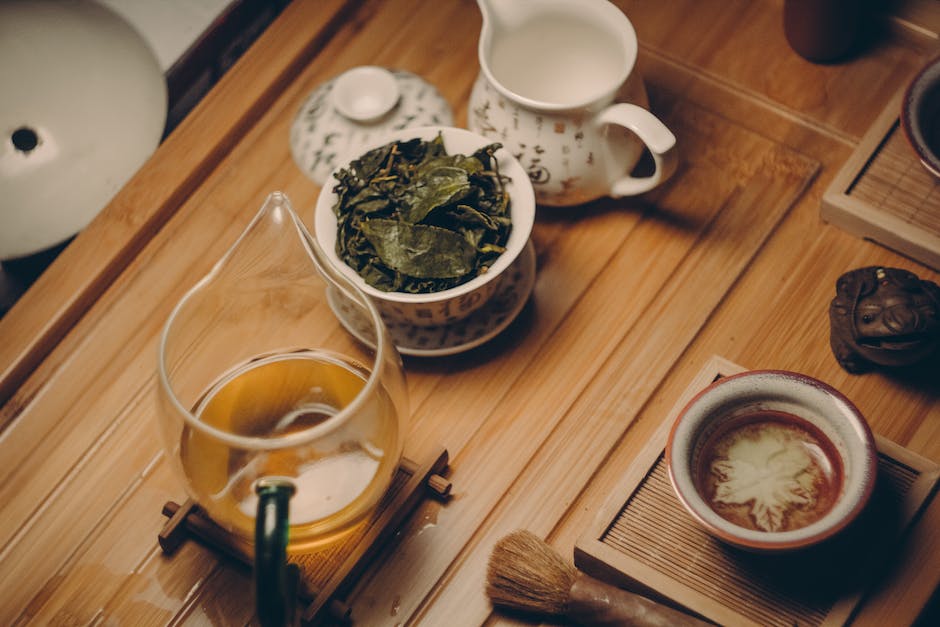
Jasmine Tea and Oolong Tea
While traditional jasmine tea is typically made using green tea leaves, it can also be prepared with other types like oolong tea. The caffeine content in oolong-infused jasmine tea typically lies between green tea and black tea, providing a relatively stronger kick.
Oolong, a semi-fermented tea, when combined with jasmine blossoms enhances the complexity of taste. It offers a unique tea-drinking experience while still packing the health benefits synonymous with jasmine tea. However, the potential side effects can be slightly amplified with increased caffeine.
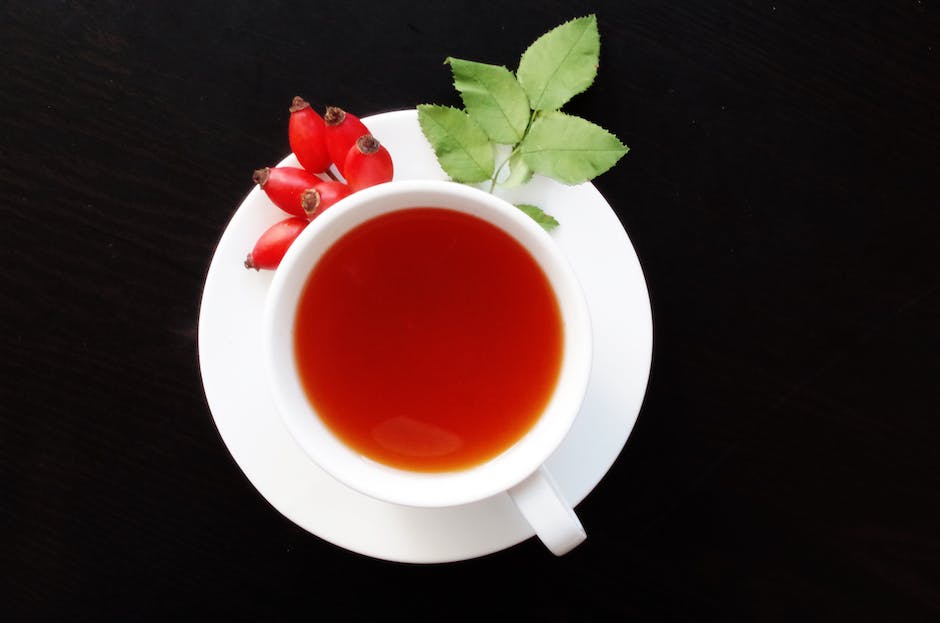
Jasmine White Tea: A Delicate Blend
White tea can also be used to make a type of jasmine tea. Known for being the least processed among all teas, white tea brings a delicate, light flavor to jasmine tea. Not surprisingly, jasmine white tea carries a lower caffeine content than its green and oolong counterparts.
A high quality jasmine tea made with white tea leaves and jasmine blossoms can provide the dual benefits of a subtle, refreshing flavor and lower caffeine level. It’s the perfect choice for those looking to enjoy the exotic taste of jasmine tea while minimizing caffeine intake.
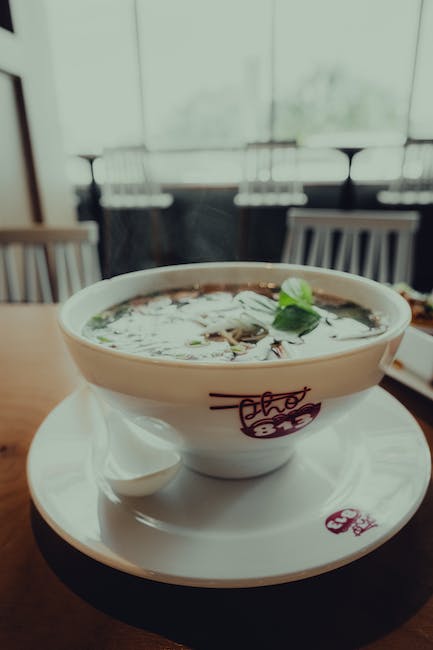
Brewing with Hot Water
The caffeine content in your tea significantly depends on the brewing method. Steeping your tea in hot water for a longer duration could extract more caffeine. Conversely, reducing the steeping time can cut down on the caffeine content without significantly compromising the taste.
A standard method to brew a cup of jasmine tea would involve steeping two grams of tea leaves in 200 ml of hot water for about three minutes. Remember, finding the perfect balance of taste and caffeine is a personal preference and might require some trial and error.
FAQ
1. Does jasmine tea have caffeine?
Yes, jasmine tea contains caffeine. The caffeine content comes from the tea leaves used in its preparation.
2. Can drinking jasmine tea aid in weight loss?
Yes, ingredients such as EGCG in jasmine tea can boost metabolic rate and promote weight loss.
3. Is jasmine tea a type of herbal tea?
No, jasmine tea isn’t technically a herbal tea because it involves the usage of tea leaves that contain caffeine.
4. How does hot water impact the caffeine content in jasmine tea?
The longer you steep the tea leaves in hot water, the more caffeine is extracted.
5. Is the caffeine content the same in all types of jasmine tea?
No, the caffeine content can vary depending on the type of tea leaves used (green, oolong, or white).
6. What’s the caffeine content in a typical cup of jasmine tea?
A cup of jasmine tea generally contains around 35 to 45 milligrams of caffeine.
7. Are there any side effects of drinking jasmine tea?
Consuming jasmine tea in excessive amounts can potentially lead to side effects due to its caffeine content.
8. Is there any alternative to reduce the caffeine content in jasmine tea?
Brewing your tea for a shorter duration can help reduce the caffeine content.
9. What type of jasmine tea has the least caffeine?
Jasmine tea prepared with white tea leaves typically has the least caffeine.
10. How is high quality jasmine tea made?
Quality jasmine tea is made by adding layers of jasmine blossoms amidst tea leaves for them to absorb the fragrance.

